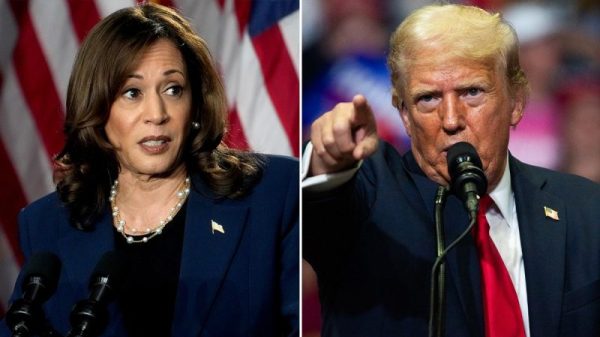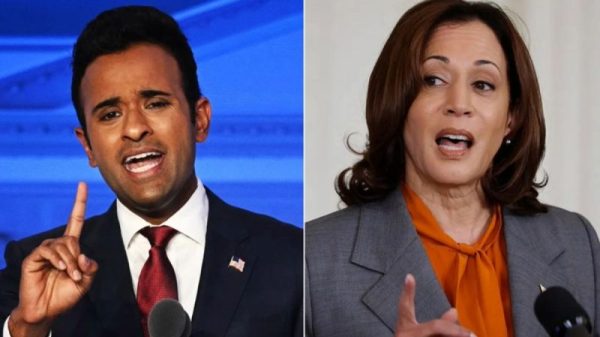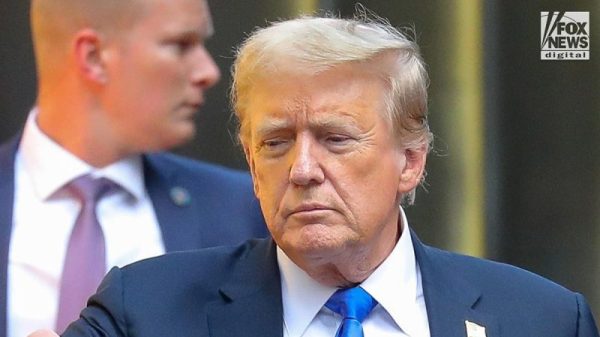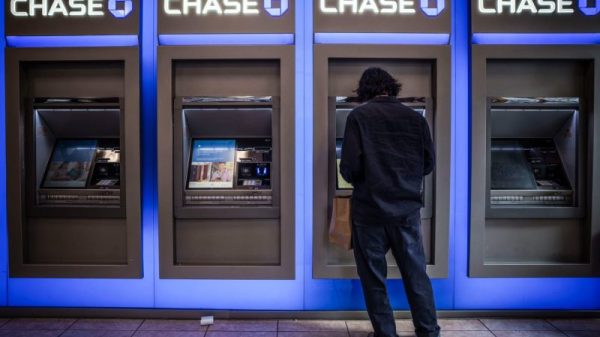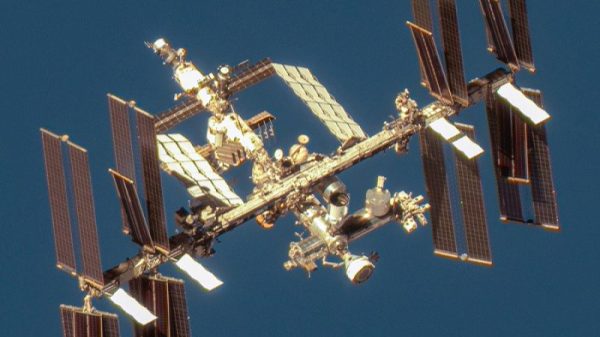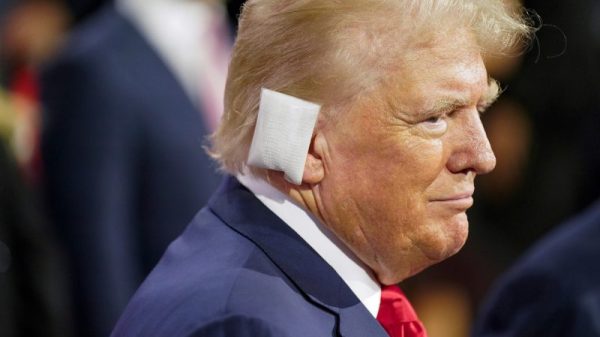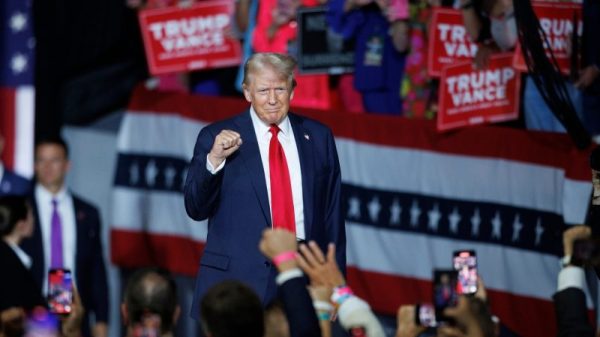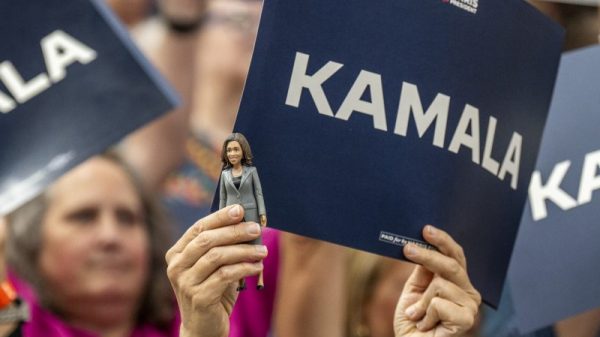What Is Demonetisation – Real World Examples of Demonetisation
There are numerous questions about demonetisation, such as “What is demonetisation?” “What is the purpose of demonetisation?”
In order to avoid any misunderstanding, it is better to learn as much as possible about demonetization.
Demonetization is a government policy that involves the discontinuation of specific currency notes or coins as legal tender, rendering them useless for financial transactions.
Demonetization has been historically employed as a means to stabilize currency value and combat inflation. A notable instance of demonetization took place with the passage of the Coinage Act of 1873 in the United States.
In this article, we will delve into the concept of demonetisation, its objectives, advantages, disadvantages, and several notable examples from different countries.
Objectives of demonetization
Demonetisation is typically pursued to achieve several key objectives:
Criminal activity: One of the primary reasons for demonetization is to unearth and reduce the circulation of black money, which is income that has not been declared to tax authorities.
Countering counterfeit currency: Demonetization helps combat the circulation of counterfeit currency. Criminals often exploit the circulation of high-denomination notes to produce fake currency. By introducing new, more secure currency notes, governments make it harder for counterfeiters to operate.
Hyperinflation: By removing a portion of the currency from circulation, governments can control inflation. When there is less currency available, it can help prevent excessive money supply growth, which is a key driver of inflation.
Pros and cons of demonetisation
It is important to remember, “What is demonetisation?”.
Now, let’s switch to the advantages and disadvantages of demonetization.
Demonetisation can offer several advantages to a country’s economy and government:
Curbing black money: Demonetization can be an effective way to reduce the hoarding of unaccounted wealth and increase tax revenues.
Reducing corruption: It can help combat corruption by reducing the use of cash in illegal transactions.
Promoting digital payments: The shift towards digital payments can lead to greater financial transparency, making it easier to track financial transactions and detect illegal activities.
Despite its potential benefits, demonetization can also have significant drawbacks:
Economic disruption: The sudden withdrawal of certain currency notes can disrupt economic activity, particularly in cash-dependent sectors. Small businesses, daily wage labourers, and informal sectors may suffer.
Cash shortages: Demonetization can lead to a shortage of physical currency in the short term, causing inconvenience to the general public.
Transition costs: The process of demonetization, including printing new currency and managing the exchange of old notes, can be expensive and time-consuming.
Unintended consequences: It may lead to unintended consequences, such as an increase in digital fraud or the use of alternative currencies.
Limited impact on black money: Critics argue that demonetisation may not always achieve its primary objective of curbing black money, as individuals find ways to convert their unaccounted wealth into other assets.
Notable examples of demonetization
Let’s explore several examples of demonetisation from around the world:
India: One of the most widely discussed instances of demonetisation in recent years occurred in India in 2016.
The government announced the demonetisation of ₹500 and ₹1,000 currency notes, representing a significant portion of the country’s cash in circulation. The move aimed to curb black money, promote digital payments, and combat corruption. It led to mixed results, with both positive and negative economic consequences.
Zimbabwe : After years of hyperinflation, the government of Zimbabwe announced the demonetization of the local currency in 2009. This became final in 2015.
Nigeria : The colors of all naira banknotes were changed in an attempt to control the money laundering.
Venezuela: To combat hyperinflation and economic turmoil, the Venezuelan government demonetized its highest-denomination currency note, the 100 bolivar bill, in 2016. New higher-denomination notes were introduced, but this move did not alleviate the country’s economic crisis.
Now, you know “What is demonetisation?” and what makes it so important to traders, authorities, etc.
What Is Demonetisation – Conclusion
Demonetization is a significant policy tool that governments use to achieve various economic and policy objectives. While it can help combat black money, promote financial transparency, and reduce inflation, it also comes with its fair share of challenges and disadvantages, such as economic disruption and cash shortages.
It is a good idea to remember answers to questions like, “What is demonetisation??”
In conclusion, demonetization is a complex and multifaceted policy instrument that requires careful planning, execution, and assessment to achieve its intended goals and minimize adverse effects on the economy and society.
The post What Is Demonetisation Real World Examples of Demonetisation appeared first on FinanceBrokerage.



